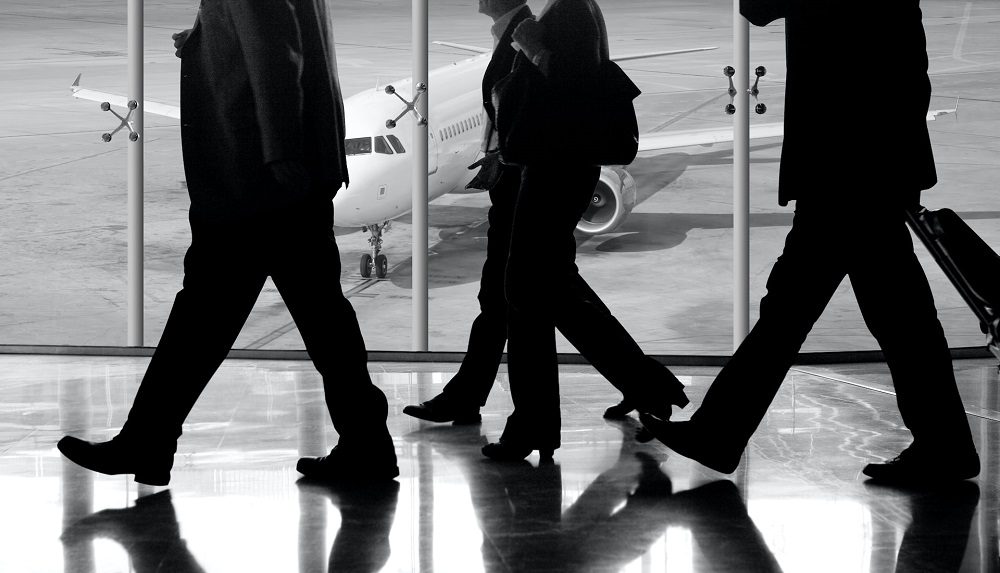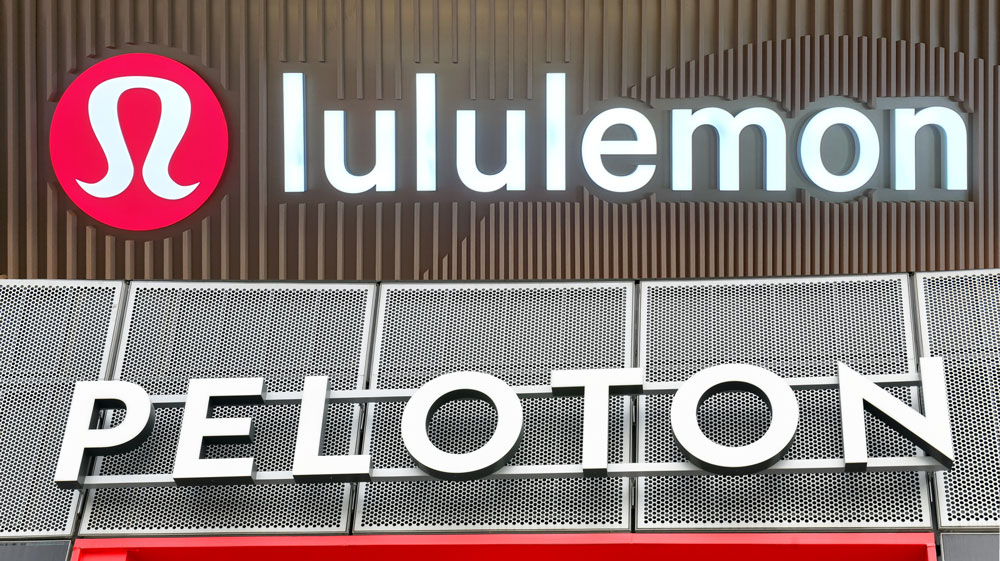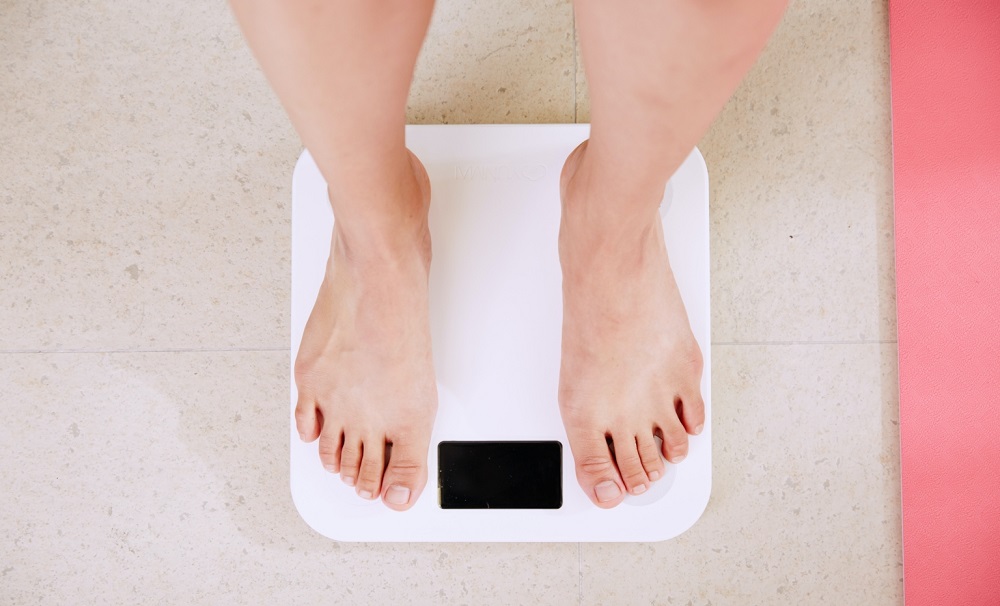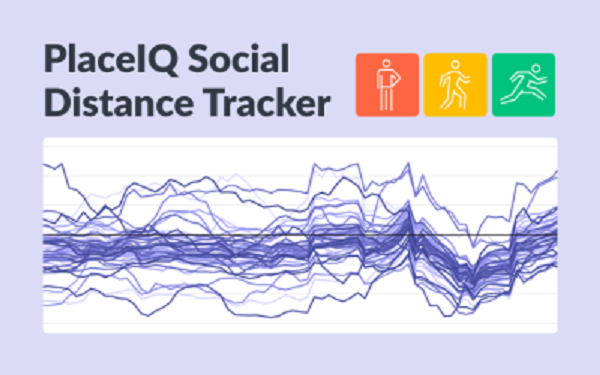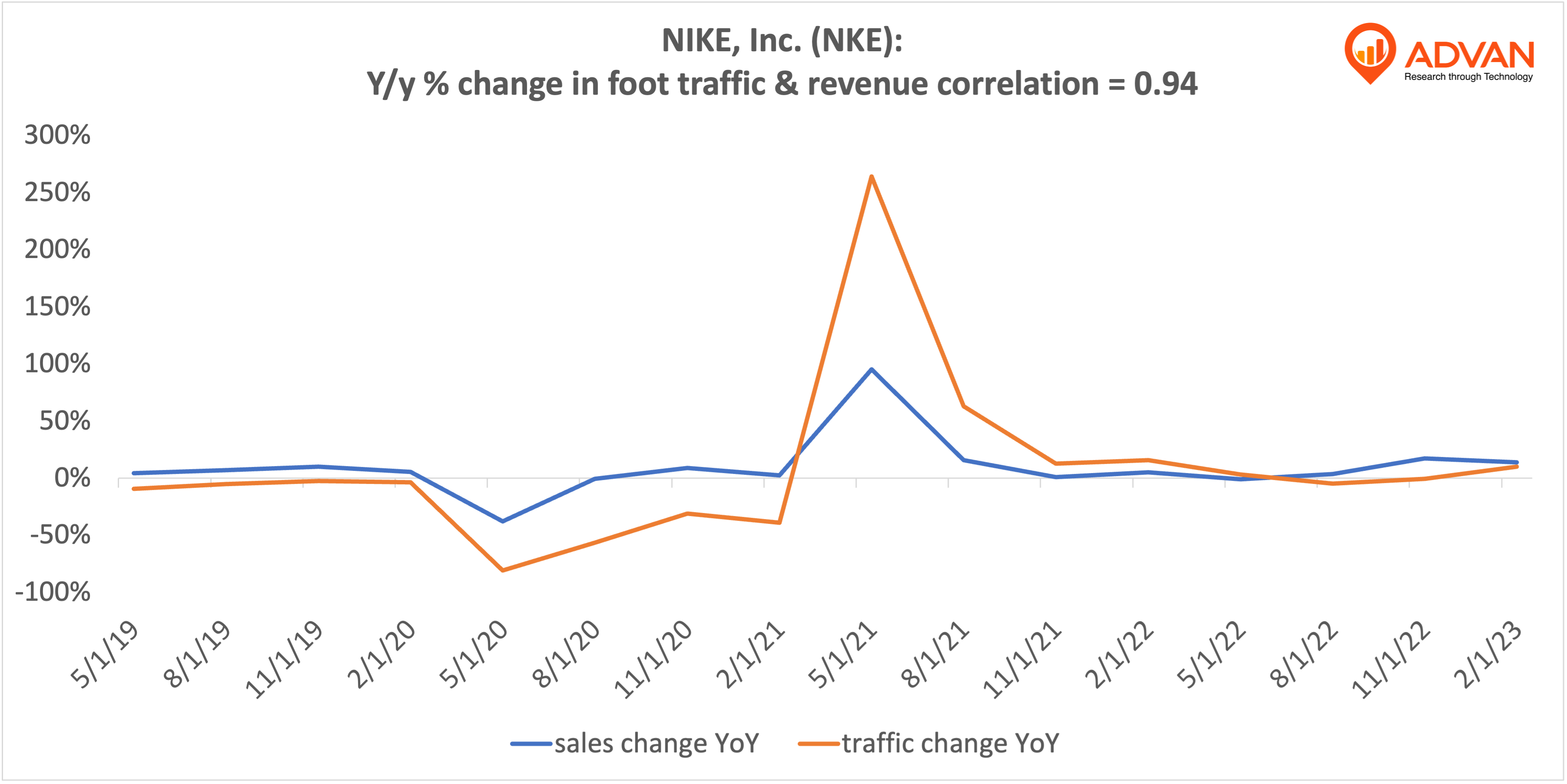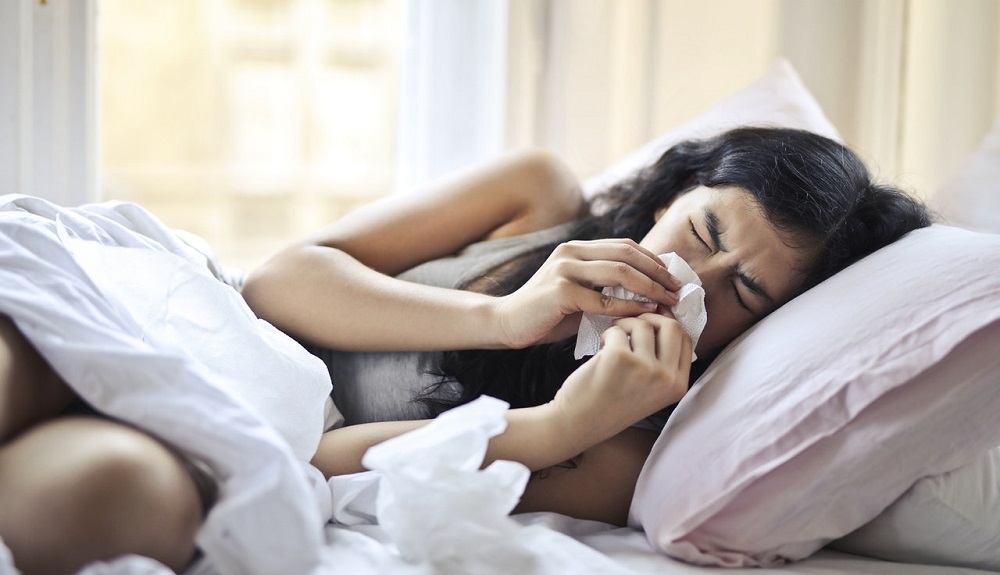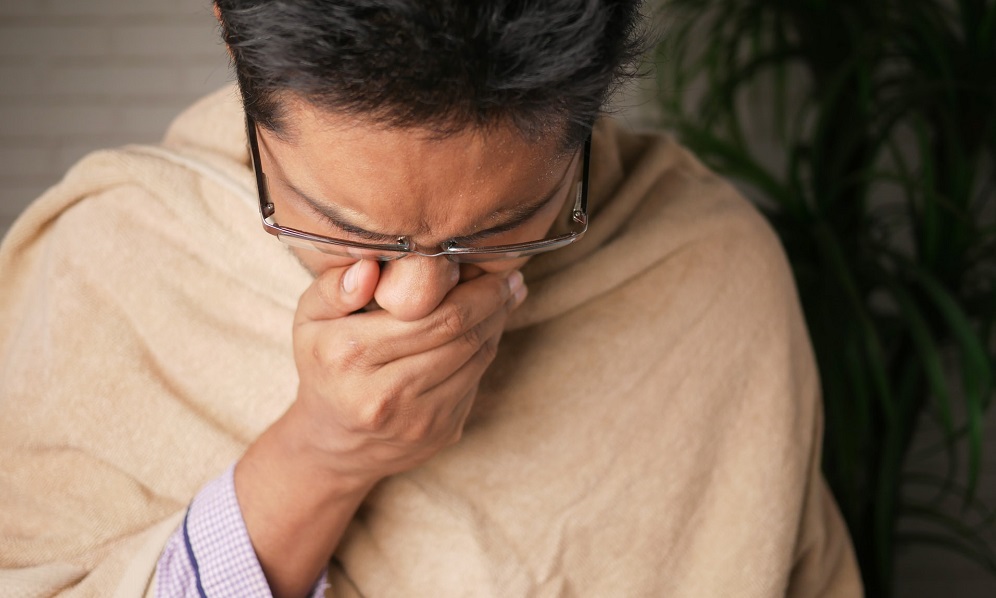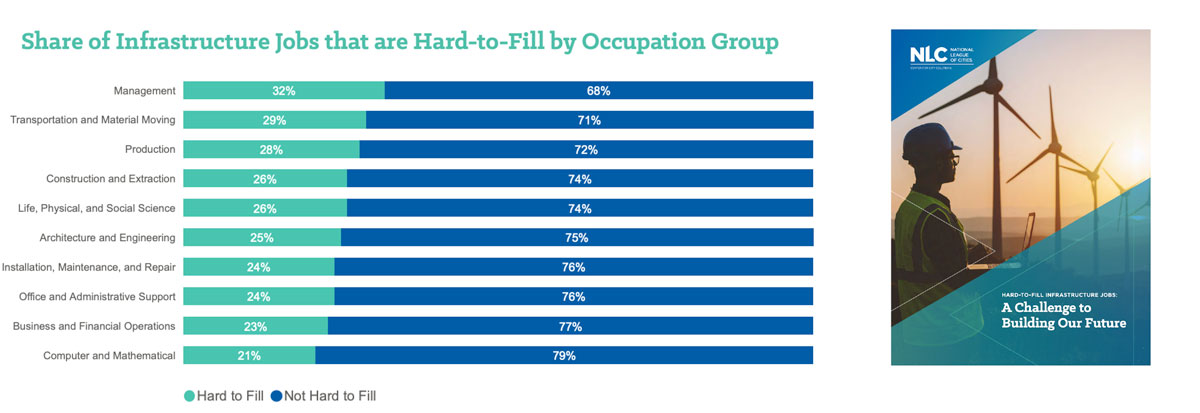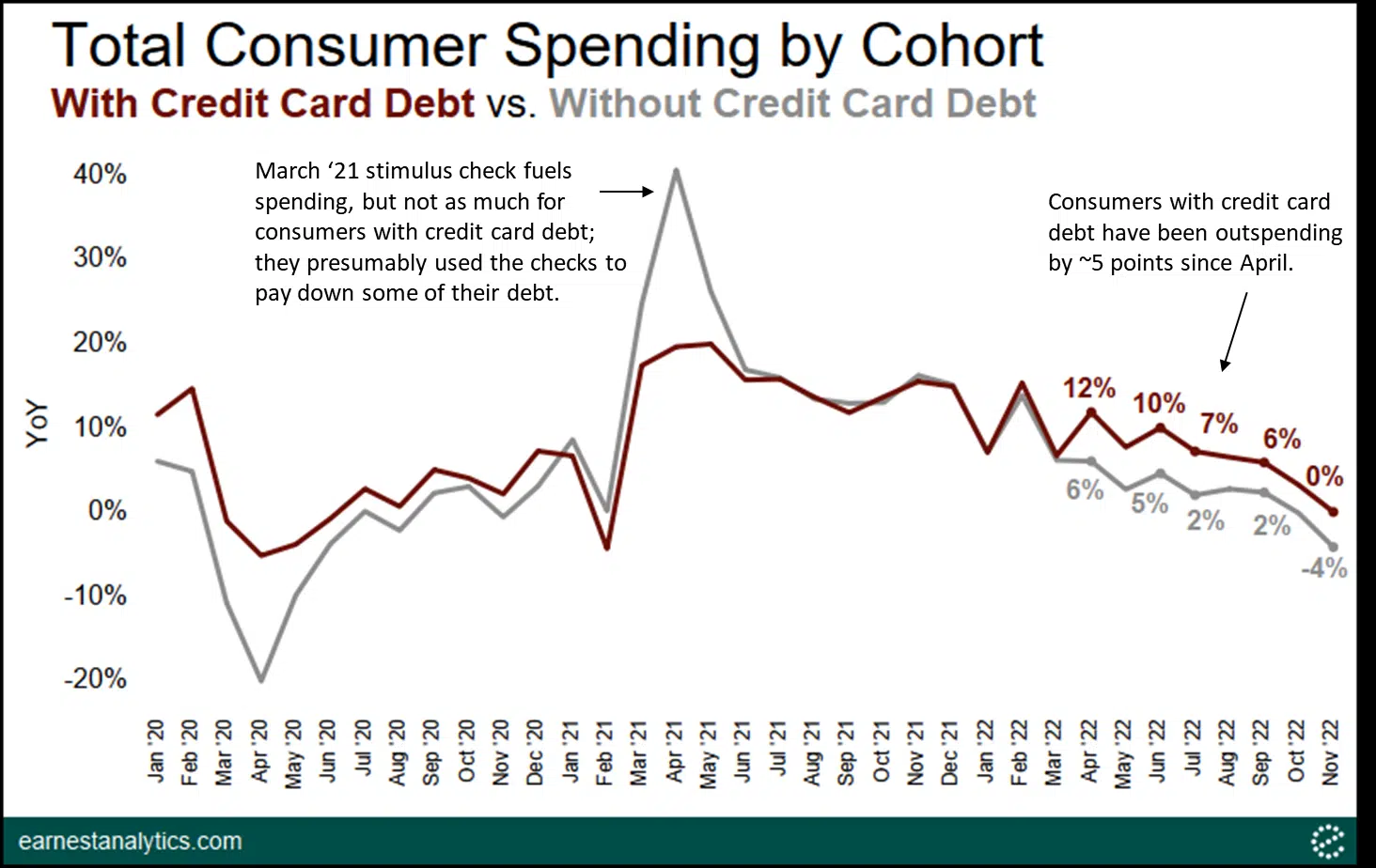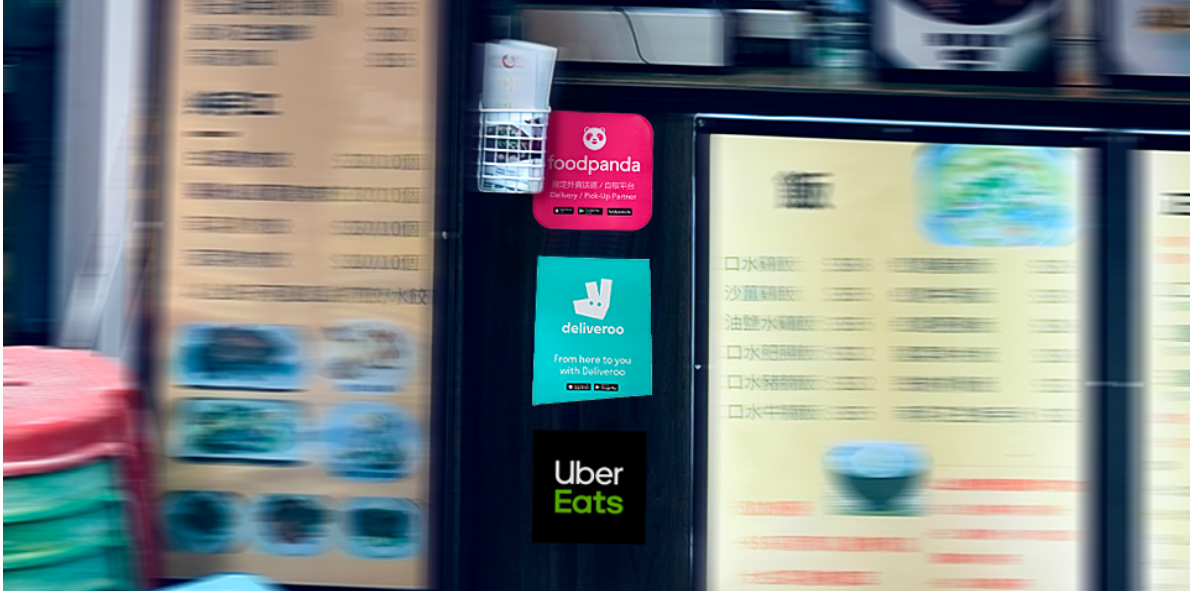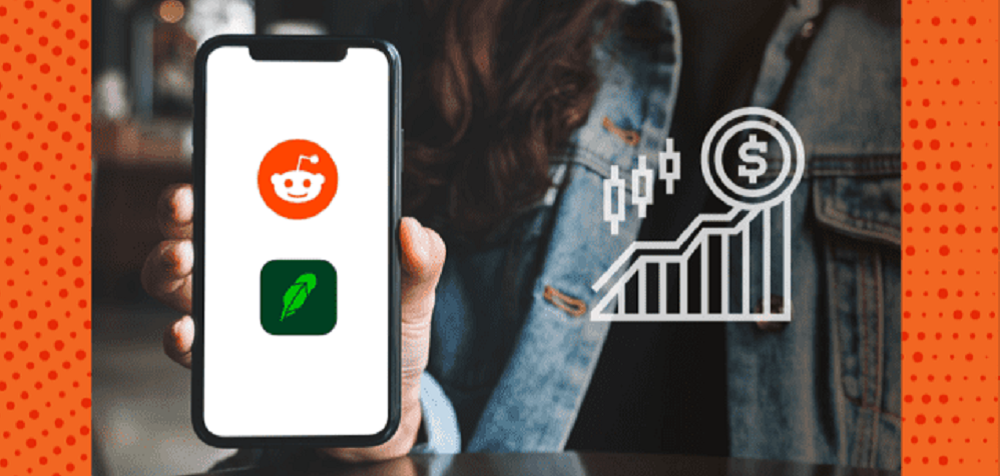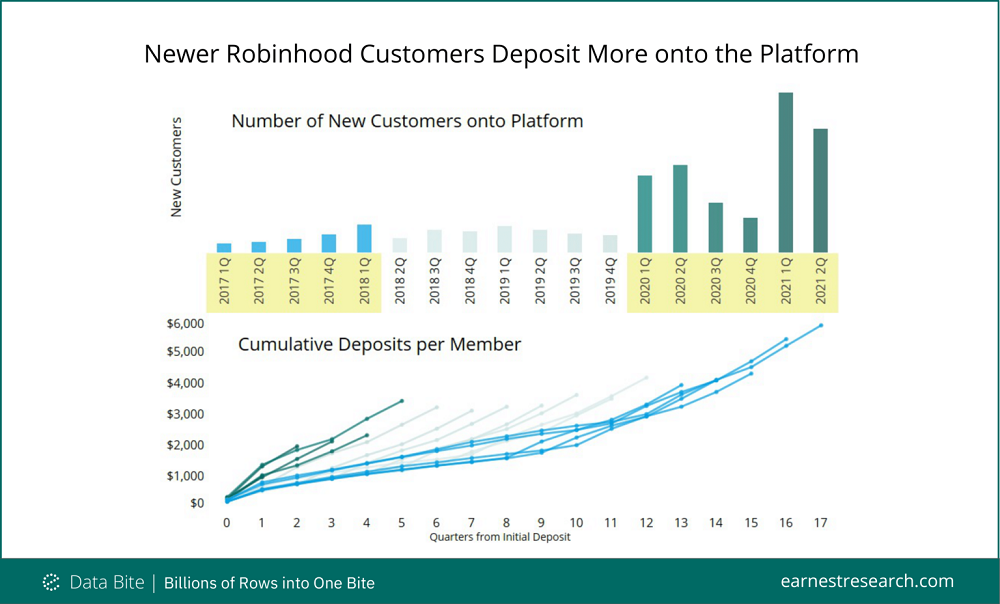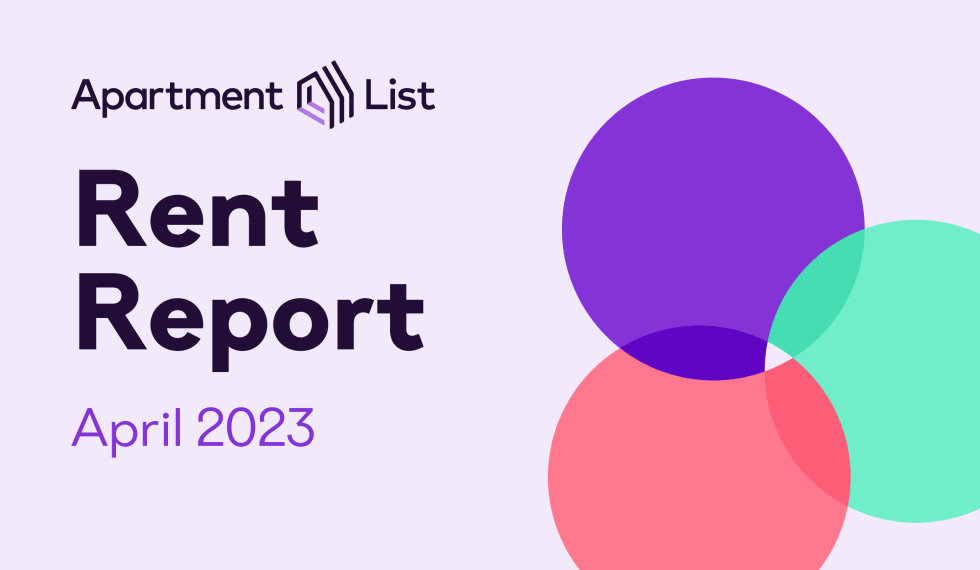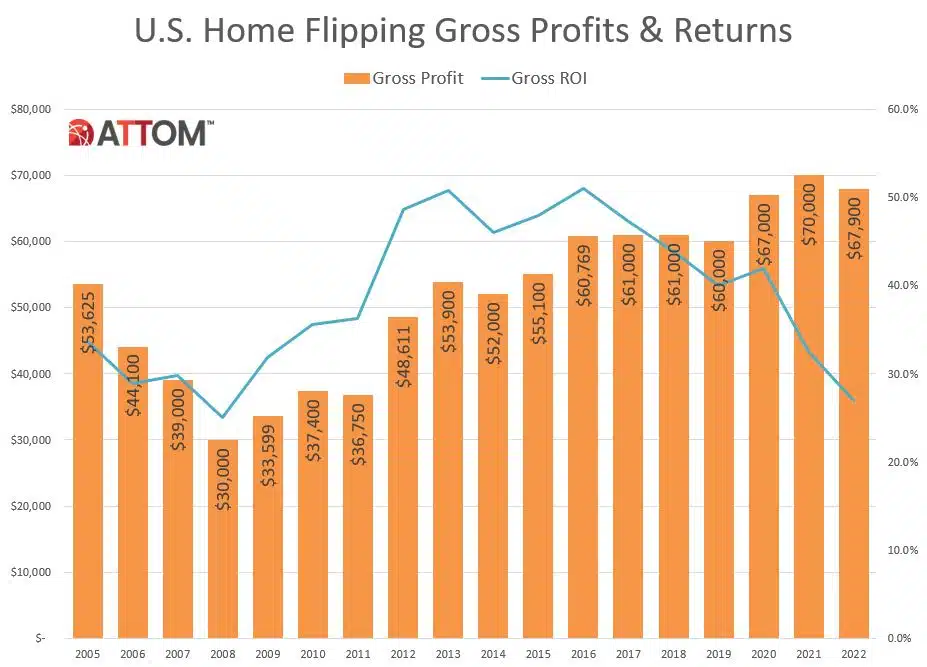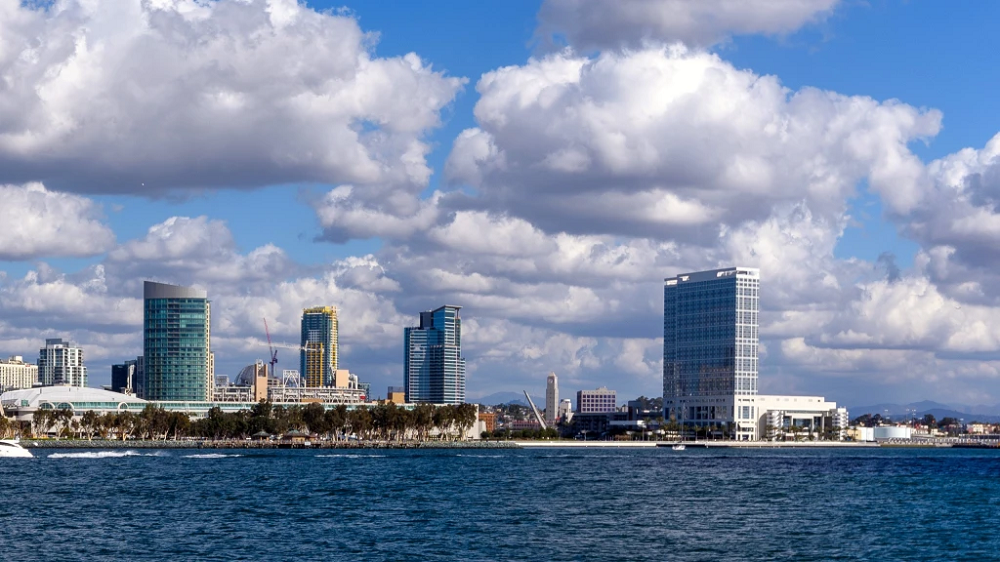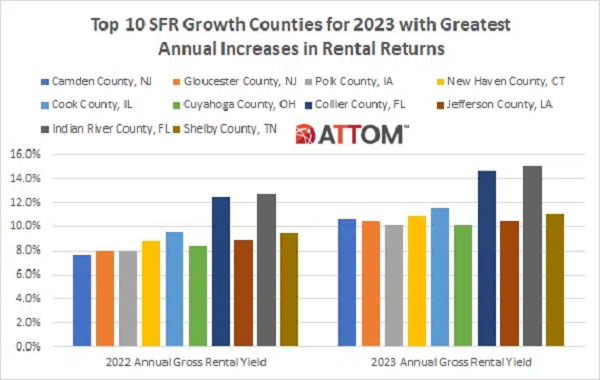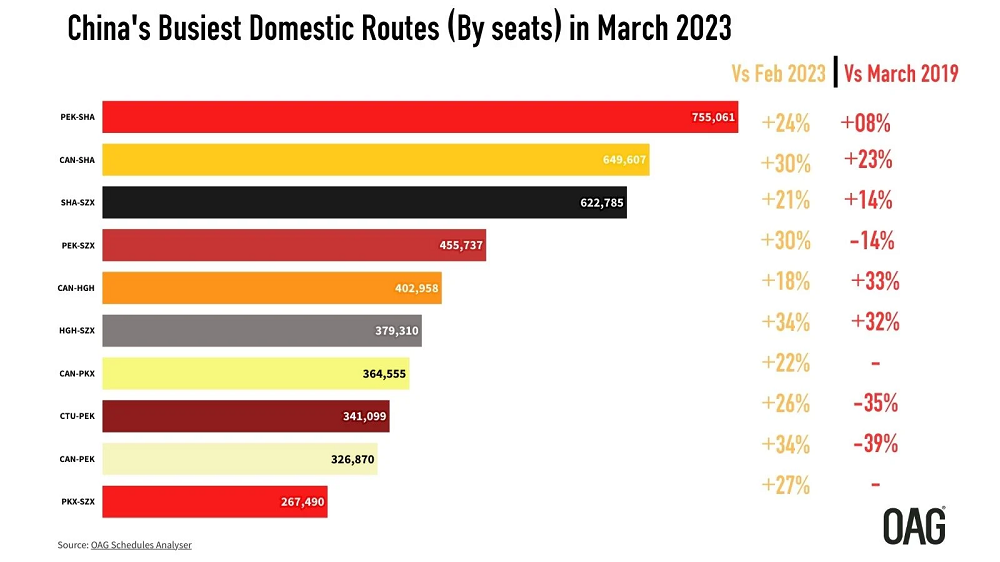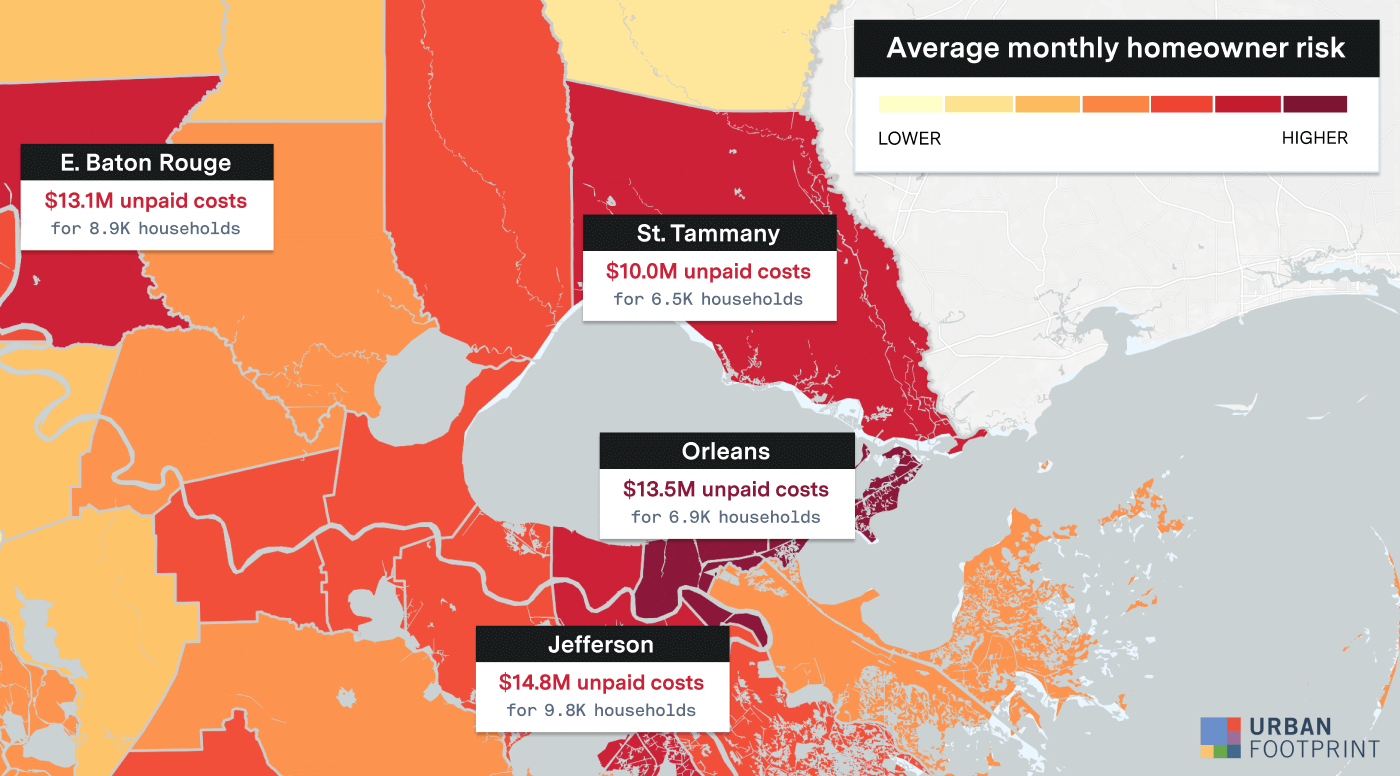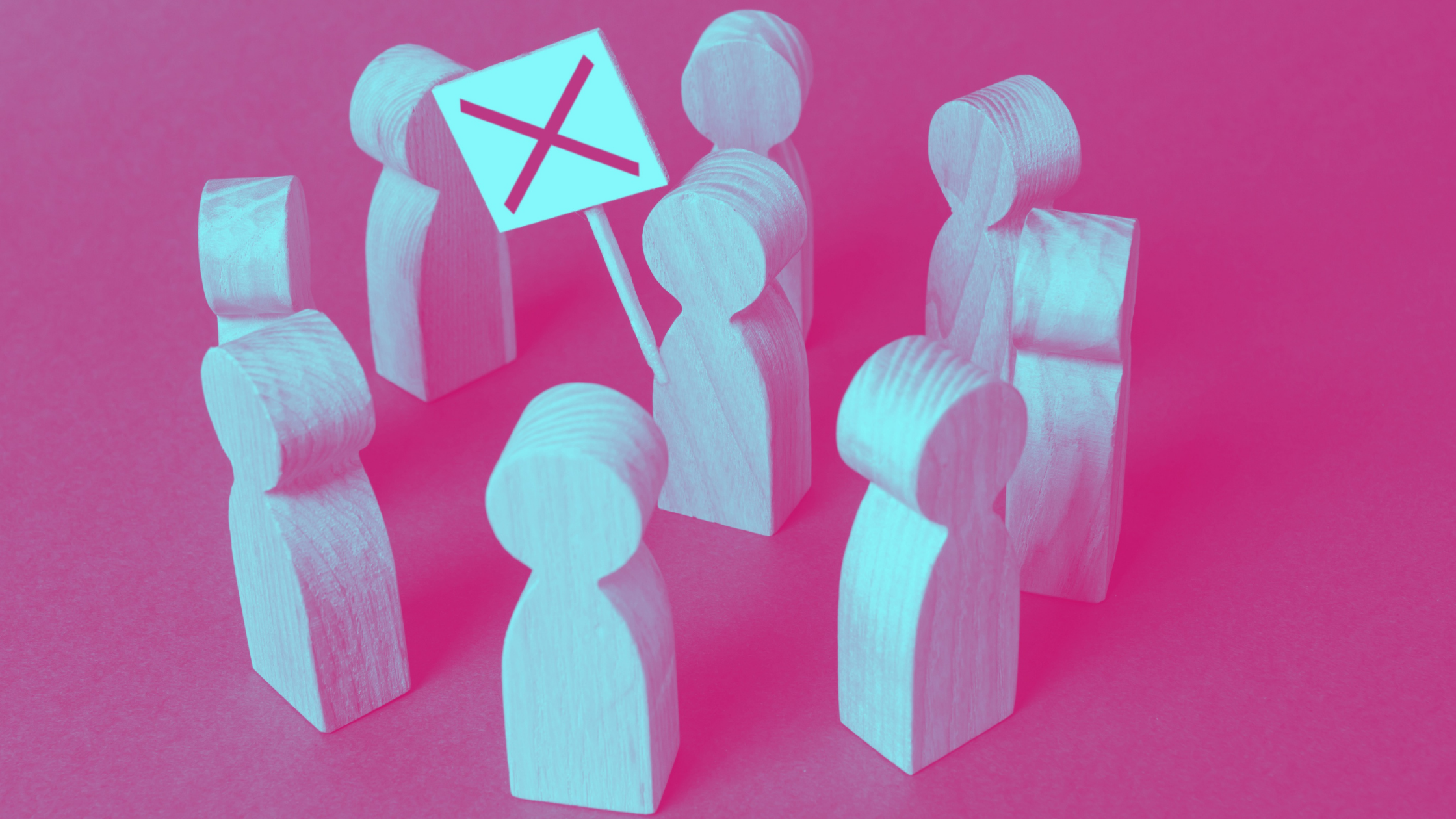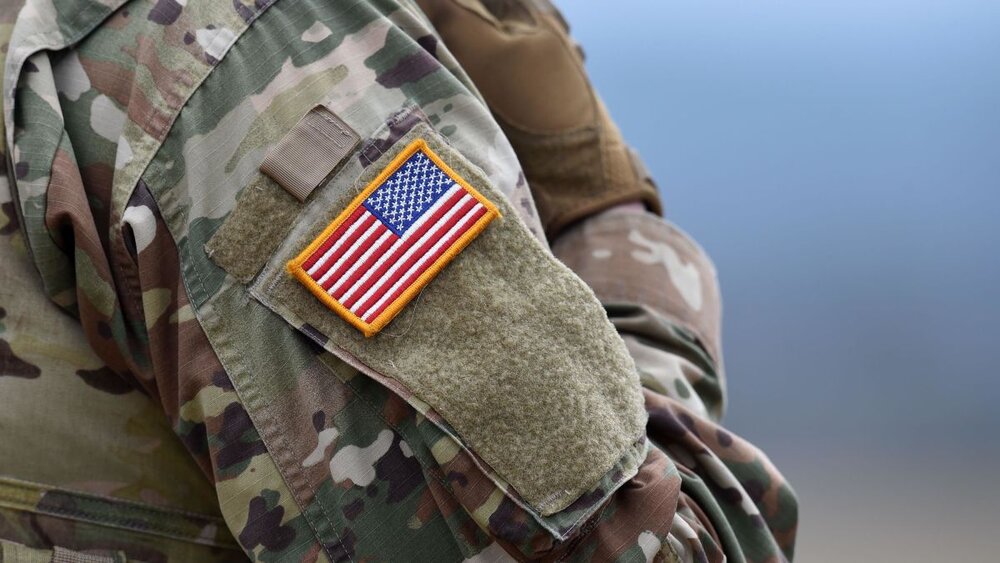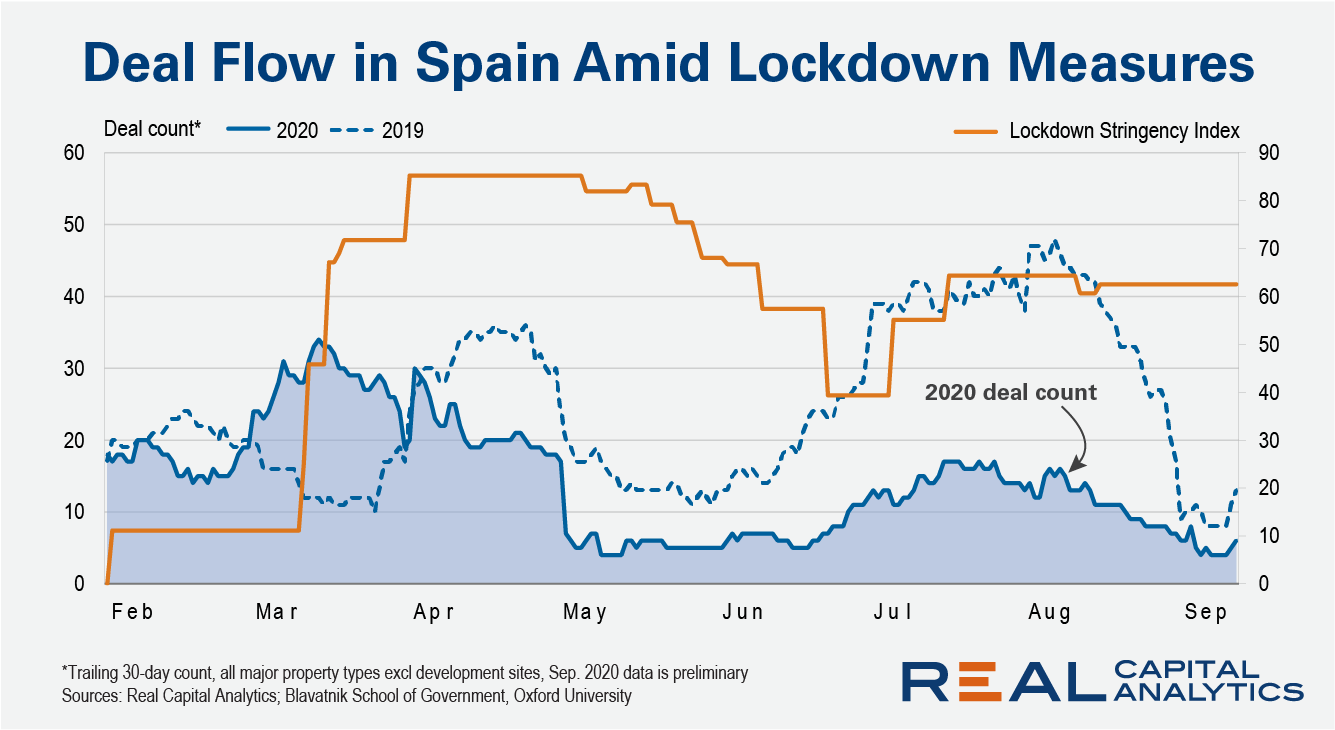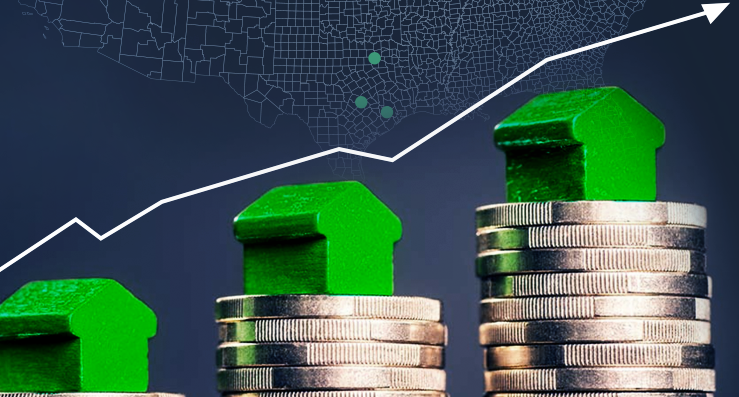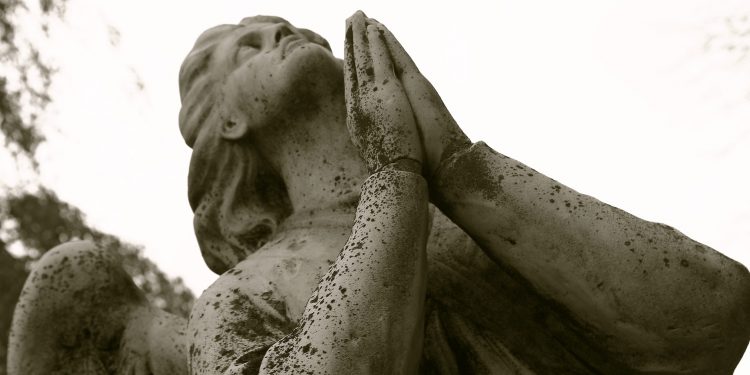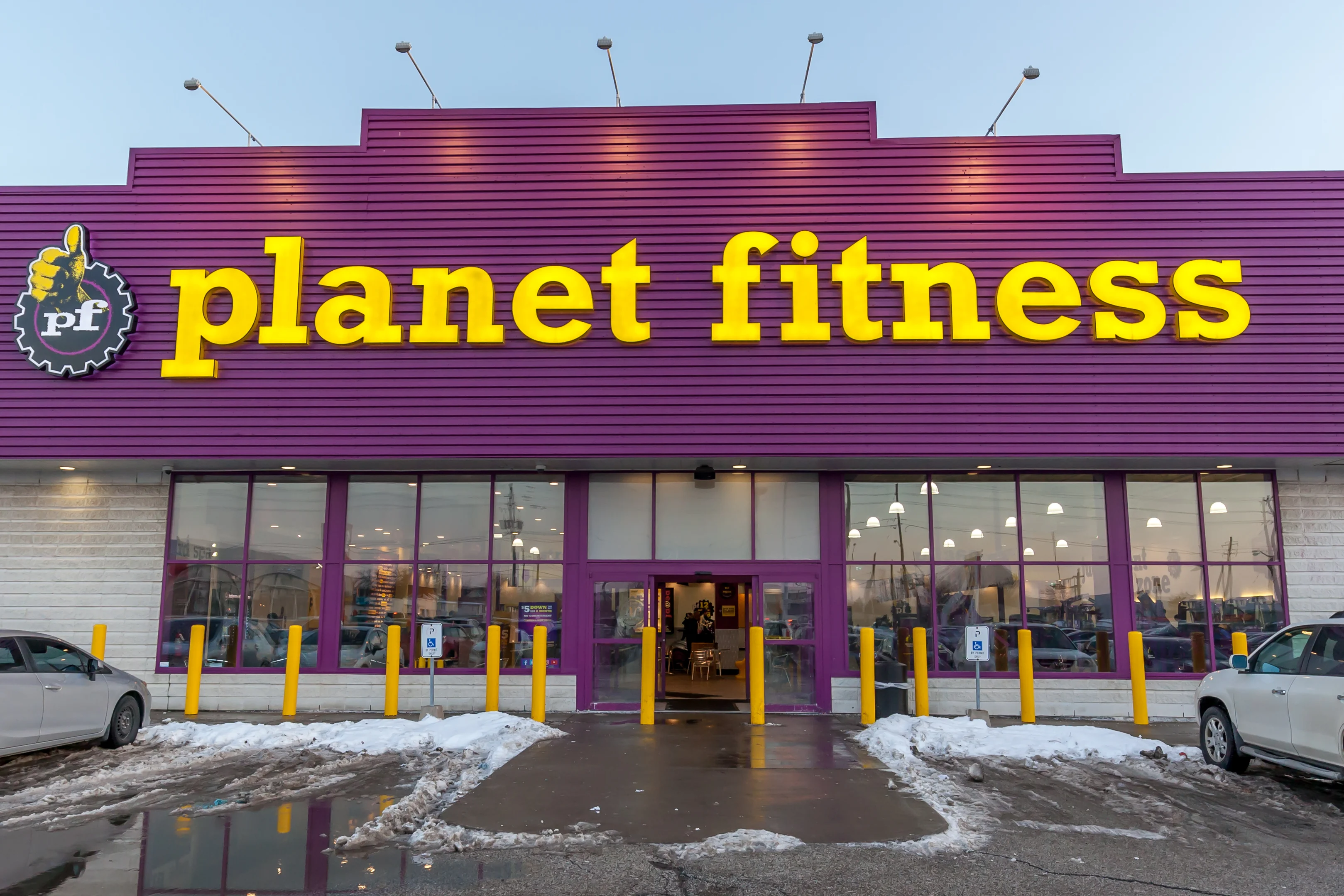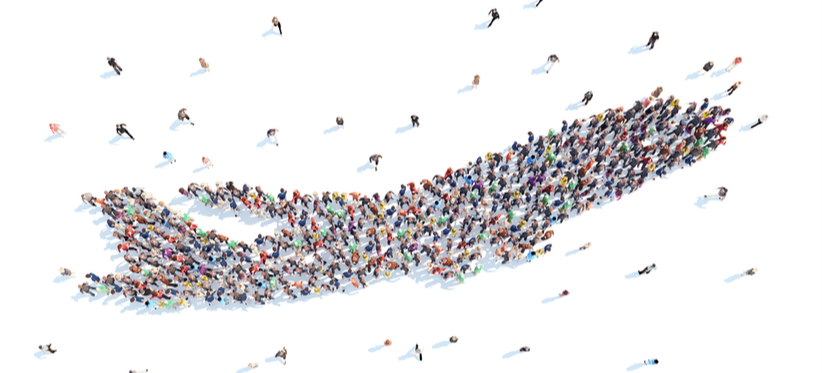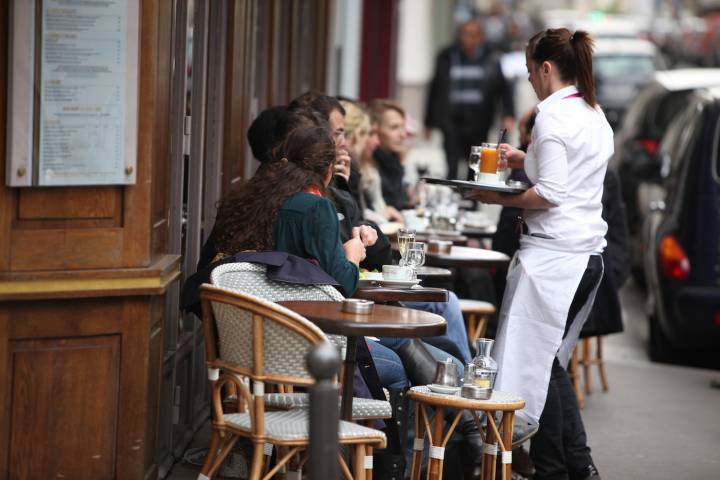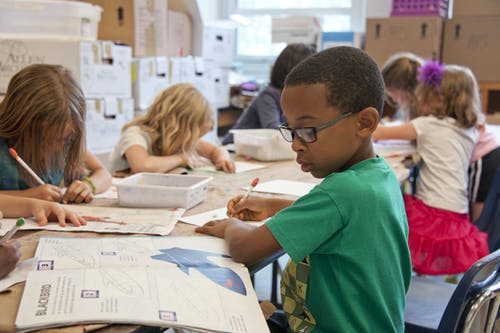Colleges and universities across the country struggled to respond to the COVID‐19 pandemic. But even as schools scrambled to keep existing students, faculty members, and community members safe, applications for graduate programs came pouring in. How did advertisers initially respond and has spending returned to normal?
The Dodge Momentum Index rose 3.7% in September to 130.8 (2000=100) from the revised August reading of 126.2. The Momentum Index, issued by Dodge Data & Analytics, is a monthly measure of the first (or initial) report for nonresidential building projects in planning, which have been shown to lead construction spending for nonresidential buildings by a full year. Both components of the Momentum Index rose during the month. The commercial component rose 3.9% while the institutional component moved 3.2% higher.
Mainland China hotel performance is steaming, while occupancy in the Asia Pacific region (excluding Mainland China) presents low occupancy levels overall. U.S. occupancy has remained mostly flat in recent weeks even with a lift from post-natural disaster demand. Recovery in Europe, Australia and New Zealand is also flattening.
The Association of American Railroads (AAR) today reported U.S. rail traffic for the week ending October 3, 2020, as well as volumes for September 2020.
More than 6 months into the COVID-19 crisis, the pressure placed on rental markets by widespread unemployment and the economic strains of the pandemic is clear. The job losses or income reduction impacting millions of American households have left many unable to pay rent, placing them in the crosshairs of eviction and homelessness, and increasing financial stress on landlords as their tenants can’t pay.
The Stop Hate For Profit campaign sent shockwaves through the social media advertising communities in late June. Brand-name companies such as Unilever, Coca-Cola, Patagonia, Adidas, Verizon, and hundreds of others announced they would halt all Facebook advertising for at least the month of July to protest hate speech, misinformation, and derogatory content across the platform.
For years, the US military has promoted the idea that the armed forces is an effective launching pad to leadership positions. We wanted to dig into this presumption and explore whether those with military backgrounds really get more senior positions once they enter the corporate world. By tracking the careers of both veterans and non-veterans, we see how military service affects seniority when compared to civilians.
The Covid-19 pandemic has struck Spain particularly hard. Cases and total deaths from the first wave of the outbreak were among the highest in the world and a secondary surge is underway. The extent of the Spanish government’s lockdown and the resultant economic fallout has had a marked effect on the country’s commercial real estate market. Deal volume through the end of August fell 54% versus the same point in 2019 and the deal count dropped by 37%.
Neiman Marcus officially emerged out of bankruptcy in late September, a major feat for the brand and its loyal customers. But, looking at the numbers for the brand does little to inspire confidence that a fundamental turnaround is in store. Even before the pandemic brought store activity to a halt, Neiman Marcus had a mixed start to 2020 with visits down 1.4% in January and up just 2.4% in February even with an industry-wide, late-month surge and an extra day of February due to leap year.
As COVID-19 continues to affect so many aspects of life, disputes caused by COVID-19 have increased and evolved. Lex Machina is tracking cases that have been filed due to the coronavirus health crisis or related societal changes. Previously, we tracked new litigation caused by COVID-19 for federal district court cases filed March 1 through May 2, 2020 and provided an update looking at March 1 through July 4, 2020.
National home prices increased 5.9% year over year in August 2020, according to the latest Home Price Index (HPI®) Report. The August 2020 HPI gain was up from the August 2019 gain of 3.5% and was the highest year-over-year gain since June 2018. Meanwhile, for-sale inventory has continued to dwindle, dropping 17% year over year in August, which created upward pressure on home price appreciation as buyers compete for the limited supply of homes.
Amid an onslaught of negative credit news, there are some bright spots. So-called Rising Stars, sectors whose credit quality has moved from high-yield or “junk” status to investment-grade, are growing, slowly but surely.
Fallen Angels – companies whose credit quality has shifted from investment-grade to high-yield or “junk” status – continue to grow in number but at a slower pace than what we’ve been seeing for the past several months.
In spite of the pandemic, Planet Fitness recorded approximately 44% more app downloads in H1 2020 than H1 2019 (U.S. only). Meanwhile, other brick-and-mortar gyms saw major declines in new app users. The Equinox app, for instance, saw a -60% drop in downloads, and Gold's Gym saw a -45% decline.
In the week that some 32,000 aviation professionals’ careers were placed at risk in the United States as the CARES Act expires, it feels like a really flat week for what is a great industry. It seems that this week’s capacity data reflects what is probably one of the most depressing weeks of the Covid-19 crisis; we knew those furloughs were coming but just hoped that they could be avoided, perhaps they still can.
The last six weeks have seen customer levels across French bars, restaurants and cafes tracking neatly at around 100% of 2019 levels despite record levels of new cases over the same period. Persistent growth in visits from lockdown levels on May 9th climbed to 64% to 75pts by July 1st and even peaked at 106% on August 9th before settling into near 2019 levels in the weeks following.
In this Placer Bytes, we analyze IKEA’s surprising surge, the potential next steps for Levi’s, and the impressive performance of footwear retailers. Neiman Marcus officially emerged out of bankruptcy in late September, a major feat for the brand and its loyal customers. But, looking at the numbers for the brand does little to inspire confidence that a fundamental turnaround is in store.
Brazil, like many nations, has lifted COVID-19-related entry restrictions for travelers and provided an additional flow of demand for reopening hotels. However, reopening measures are determined on a state level. How has this affected Brazil’s recovery?
With a La Niña event already arriving, aWhere analysts reviewed what a typical La Niña year looks like in southern regions of South America. Looking at aWhere’s historical, observed data for the 2011-2012 La Niña event, we can better understand the implications for rainfall patterns and the challenges this region could face. Agriculture in this area is an important economic activity and it was greatly impacted by the 2011-2012 La Niña event. We will examine this in more depth in this report.
This year’s back-to-school season is unlike any in recent memory. Along with the usual school supply lists of pencils, new clothes, and lunch snacks, this year’s class also has to purchase webcams, masks, and hand sanitizer. Many schools are starting remotely, others have had in-person class dates pushed back, and several have had a later start as administrators scramble to update policies and technology.
